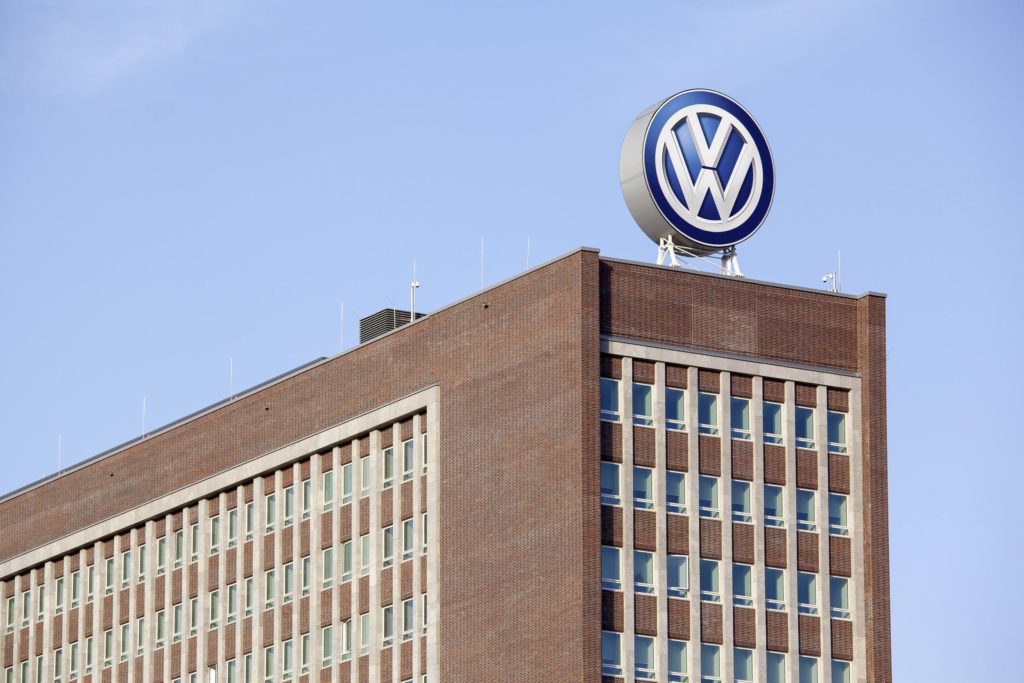VW to build EVs in 16 locations as battery supply contracts signed
13 March 2018

13 March 2018
As part of its efforts to become a market leader in electric vehicles (EVs), the Volkswagen Group (VW) has announced its plans for their production.
The manufacturer will use 16 locations around the world to build battery-powered vehicles by the end of 2022, stated CEO Matthias Muller at the Group’s annual media conference. Currently, EVs such as the e-Golf and e-Up! are produced at three locations, and this will expand to nine by 2020.
Muller also announced that in order to ensure adequate battery capacity for the company’s expansion plans, which will see many new models come to market by 2025, agreements are signed with suppliers in both Europe and China, with a value of around €20 billion. A decision on a supplier for batteries in the US market will be taken shortly.
′Over the last few months, we have pulled out all the stops to implement ′Roadmap E’ with the necessary speed and determination,’ Muller explained. Roadmap E is VW’s plan to build up to three million electric vehicles annually by 2025 and market 80 new electric Group models. This year, another nine new vehicles, three of which will be purely electric-powered, will be added to the Group’s electric portfolio of eight e-cars and plug-in hybrids.
The CEO made a point of emphasising that this did not mean Volkswagen was turning its back on conventional drive systems. Modern diesel drives were part of the solution, not part of the problem; he stressed – also with regard to climate change. ′We are making massive investments in the mobility of tomorrow, but without neglecting current technologies and vehicles that will continue to play an important role for decades to come,’ said Muller. ′We are putting almost EUR 20 billion into our conventional vehicle and drive portfolio in 2018, with a total of more than EUR 90 billion scheduled over the next five years.’
VW announced a number of innovations from all of its Group brands at the Geneva motor show, among them the Audi e-tron, the Porsche Mission E and the I.D. Vizzion, another member of the Volkswagen, I.D. family. From 2019, there will be a new electric vehicle ′virtually every month’, Muller said: ′This is how we intend to offer the largest fleet of electric vehicles in the world, across all brands and regions, in just a few years.’
The conference was also an opportunity for Muller to present the company’s outlook for 2018. Sales revenue for the Volkswagen Group is expected to be up by as much as 5% on the prior-year figure. In terms of operating profit, an operating return on sales of between 6.5 and 7.5% is anticipated.